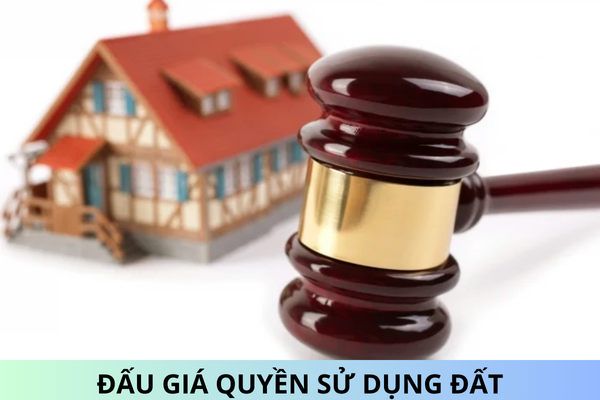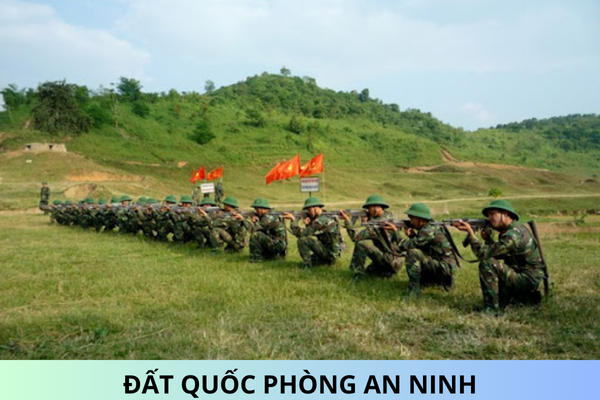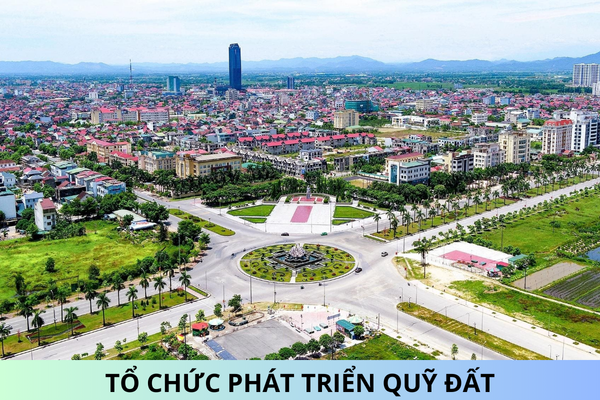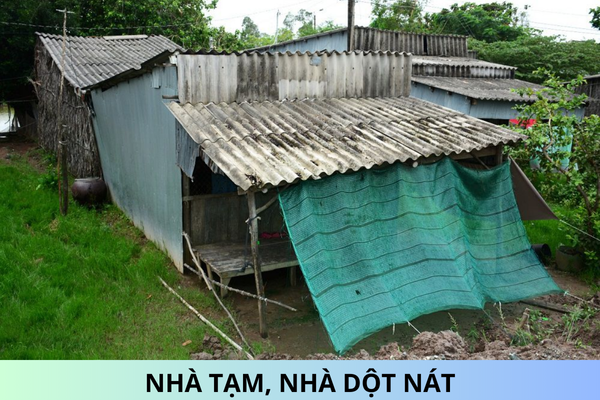Is it permitted to mortgage the land use rights when inheriting the land use rights?
What Are the Types of Inheritance?
Based on Article 624 of the Civil Code 2015 and Article 649 of the Civil Code 2015, inheritance consists of two types:
- Inheritance by will: the transfer of the deceased's property to the living according to their wishes expressed while alive.
- Inheritance by law: inheritance determined by legal sequence, conditions, and procedures as prescribed by law.
Can Land Use Rights Inherited Be Used as Collateral?
According to Clause 1, Article 188 of the Land Law 2013, the conditions to exercise rights to convert, transfer, lease, sublease, inherit, donate, mortgage land use rights; and contribute capital using land use rights are stipulated as follows:
Conditions for exercising rights to convert, transfer, lease, sublease, inherit, donate, mortgage land use rights; contribute capital using land use rights
- Land users may exercise the rights to convert, transfer, lease, sublease, inherit, donate, mortgage land use rights; contribute capital using land use rights when the following conditions are met:
a) Having a Certificate, except for cases specified in Clause 3, Article 186 and cases of inheritance specified in Clause 1, Article 168 of this Law;
b) The land is not under dispute;
c) The land use rights are not seized to ensure the execution of judgments;
d) Within the land use duration.
[...]
In accordance with the above regulations, the recipient of inherited land use rights can mortgage those rights upon meeting the following conditions:
- Having a Certificate- The land is not under dispute- The land use rights are not seized to ensure the execution of judgments- Within the land use duration
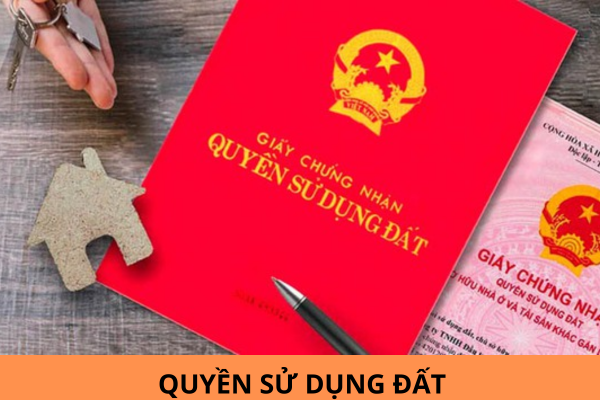
Can the recipient of inherited land use rights mortgage those rights? (Image from the Internet)
What Acts Are Prohibited in the Land Sector?
According to Article 12 of the Land Law 2013, the following acts are prohibited in the land sector:
- Encroaching, occupying, or destroying land.- Violating announced land use planning or plans.- Leaving land unused or using land for improper purposes.- Failing to comply with legal obligations while exercising rights of land users.- Receiving land use rights in excess of the prescribed limits for households and individuals according to this Law.- Using land or conducting transactions regarding land use rights without registering with the appropriate state authority.- Failing to fulfill or fully carrying out financial obligations to the State.- Abusing positions or powers to contravene land management regulations.- Failing to provide or providing inaccurate land information as prescribed by law.- Obstructing or causing difficulties in the exercise of land user rights as prescribed by law.
Who Are Recognized by the State as Land Users?
According to Article 5 of the Land Law 2013, recognized land users include:
Land Users
Land users who are allocated land, leased land, recognized land use rights, or who transferred land use rights in accordance with this Law include:
Domestic organizations including state agencies, people's armed units, political organizations, socio-political organizations, economic organizations, socio-political-professional organizations, social organizations, socio-professional organizations, public service organizations, and other organizations as prescribed by civil law (hereinafter referred to as "organizations");
Domestic households and individuals (hereinafter referred to as "households, individuals");
Communities of Vietnamese people living in the same village, hamlet, sub-hamlet, neighborhood, residential group, with common customs, traditions, or lineage;
Religious establishments including pagodas, churches, chapels, shrines, cathedrals, meditation halls, monasteries, religious training schools, headquarters of religious organizations, and other religious establishments;
Foreign organizations with diplomatic functions including embassies, consular offices, and other foreign representative agencies with diplomatic functions recognized by the Government of Vietnam; representative agencies of organizations belonging to the United Nations, intergovernmental organizations, or intergovernmental organization representatives;
Overseas Vietnamese as prescribed by nationality law;
Foreign-invested enterprises including enterprises with 100% foreign investment, joint ventures, and Vietnamese enterprises in which foreign investors purchase shares, merge, or acquire according to the investment law.
Thus, the parties recognized as land users by the State are as follows:
- Domestic organizations including state agencies, people's armed units, political organizations, socio-political organizations, economic organizations, socio-political-professional organizations, social organizations, socio-professional organizations, public service organizations, and other organizations as prescribed by civil law.
- Domestic households and individuals.
- Communities of Vietnamese people living in the same village, hamlet, sub-hamlet, neighborhood, residential group, with common customs, traditions, or lineage.
- Religious establishments including pagodas, churches, chapels, shrines, cathedrals, meditation halls, monasteries, religious training schools, headquarters of religious organizations, and other religious establishments.
- Foreign organizations with diplomatic functions.
- Overseas Vietnamese as prescribed by nationality law.
- Foreign-invested enterprises.
Note: The Land Law 2013 is in effect until December 31, 2024.


